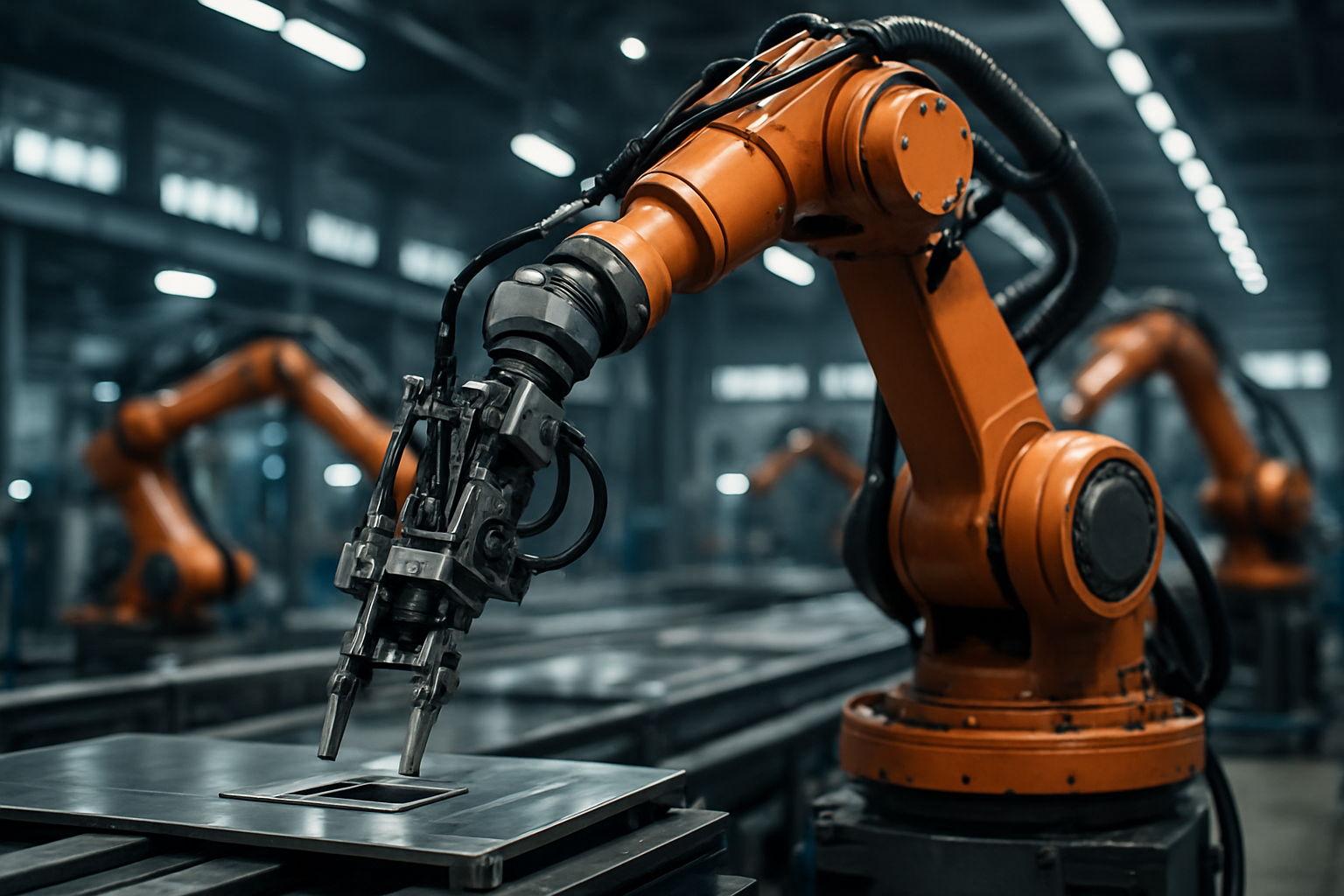Manufacturing Jobs in Spain: Factory Industry Career Guide
Manufacturing jobs cover a wide range of roles in factories and production facilities, from entry-level assembly to engineering and operations management. This article provides an informational overview of career paths, common sectors, and practical steps for pursuing manufacturing work in Spain and elsewhere. This content is informational only and does not list or guarantee specific job openings or hiring activity.

What are manufacturing jobs?
Manufacturing jobs include occupations involved in transforming raw materials into finished goods. Roles range from machine operators, assemblers, and quality inspectors to maintenance technicians, process engineers, and production managers. Work often takes place in a factory environment but can also be on production lines, in workshops, or at automated facilities. The tasks emphasize repeatable processes, adherence to specifications, and often require teamwork, attention to detail, and basic technical ability. Many positions offer structured shift patterns and measurable performance targets.
Career paths in the factory industry
A manufacturing career can follow multiple trajectories: technical specialist, supervisory or management track, or cross-functional moves into logistics and quality assurance. Entry-level positions commonly provide on-the-job training and opportunities to progress through certification or apprenticeships. Mid-career roles may involve process optimization, team leadership, or equipment maintenance, while senior roles focus on production planning, continuous improvement, and compliance. Career progression typically combines practical experience, vocational qualifications, and occasionally higher education in engineering or operations management.
Which industry sectors hire manufacturing workers?
Manufacturing workers are employed across a variety of industry sectors including automotive, food and beverage, pharmaceuticals, chemicals, electronics, textiles, and renewable energy components. Each sector has different production technologies and regulatory standards; for example, pharmaceuticals emphasize hygiene and traceability, while automotive manufacturing prioritizes precision and assembly-line integration. Local demand fluctuates with economic cycles and supply chain trends, so the types of roles available in your area will depend on regional industrial strengths and investment in specific sectors.
How to find manufacturing jobs in Spain
Finding manufacturing jobs in Spain follows the same broad approaches used elsewhere but with local nuances. Start with company career pages for major manufacturers, local employment agencies, and regional job boards. Vocational training centers (Formación Profesional) and apprenticeship programs are a valuable route into factory roles. Networking with local unions or trade associations, checking municipal job centers (oficinas de empleo), and using industry-focused staffing firms can also help. Keep in mind labor regulations, work permits for non-EU nationals, and language requirements when pursuing roles in Spain.
Skills and training for a manufacturing career
Key skills valued in manufacturing include mechanical aptitude, basic mathematics, quality control awareness, and familiarity with safety procedures. Technical training such as CNC operation, PLC programming, welding, or industrial maintenance boosts employability for many factory roles. Soft skills—communication, problem-solving, and the ability to work in a team—are often equally important. In Spain and other countries, vocational qualifications (FP), short courses from technical institutes, and employer-sponsored certifications are common pathways to build relevant skills.
Working conditions and safety in factories
Factory working conditions vary widely: some facilities are highly automated and climate-controlled, while others involve manual handling and exposure to noise or chemicals. Employers typically implement occupational health and safety measures, provide personal protective equipment (PPE), and require adherence to safety protocols. It’s important to understand your rights regarding working hours, breaks, and workplace safety training. For candidates, asking about shift patterns, overtime rules, and health and safety practices during recruitment helps set realistic expectations without assuming immediate job availability.
Manufacturing offers a range of career possibilities in factory settings and across diverse industry sectors. Progression often depends on combining practical experience, targeted training, and familiarity with local labor practices. This guide is intended to inform decisions and planning; it does not represent active job listings or guarantees of employment. Independent research and direct contact with employers or local employment services are recommended when seeking specific opportunities.






